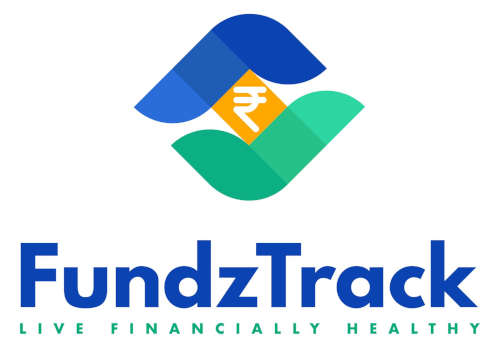
The government has banned Rs 500 and Rs 1000 notes, which constitutes 86% of the total currency of our country. The move is aimed to curb black money and wipe out corruption. This bold step has left us perplexed as 14% of the currency alone cannot provide for the earlier 100%. We have been spending in cash, not only for our daily petty expenses but also for bigger expenditure like electronics, vehicles, or even buying a home. Now, we are left with no other option, but accepting the digital platform. We all are hesitant, we feel insecure without cash. We get cold feet when we go to a general store or a salon with nothing but a Debit or a Credit card. It feels like we have to cover a generation gap overnight.
But once you are over the fear, you would realize it is so convenient and easy, and you would wonder why at all, were you ferrying cash from your home to the market, or a city to another, or a country to another, since so many years. Digital Payments are so quick and hassle free. Yes, going Digital is the need of the hour, but like every other coin, it has a flip side too.
Our online accounts are protected, there is strong cyber security, but inspite of the vigorous cyber protection, there have been cases of cyber attacks too. Recently, the Twitter account of Rahul Gandhi was hacked, and inappropriate comments were posted from his account, it took some time before the account could be restored. Considering Gandhi's prominent position, if it can happen to him, it can happen to you and me as well. So, we have to be vigilant while we dwell in the digital space.
Following are some tips which can help you navigate smartly between the hubbub:
Passwords: The most crucial thing that you have be attentive to is your passwords. Your password should be strong, it shouldn't be "12345678". If it is your ATM pin, it shouldn't be your date of birth. Ideally you should have a combination of letters, numbers and symbols as your password. Having a strong password will make it difficult for the hacker to guess it.
You should change your passwords periodically. And the changed password should not be same as an earlier password.
Never share your passwords with anyone. Even if it is your closest friend, do not give away your password.
Don't write down your password on a piece of paper and hide it somewhere or in message drafts, because there is always a change of it being leaked. You must always memorize your password.
Credit/Debit Card Swipe Transactions: Whenever you are making a card payment at a store, do not tell your pin to the cashier, because he might not misuse it but the person standing behind you in the queue might.
Digital Wallets: Paying through Digital Wallets like Paytm, Freecharge, etc., are gaining popularity because of the alluring discounts and cashbacks plus they are very easy to operate, you just have to authorize the transaction and you are done. You don't need to enter any pin or OTP or account details, etc. The number of wallets and cash handling through them is on the increase, standards of security are not as high as banking transactions, therefore they are vulnerable to fraud. Fake accounts can be created, and people's people can be stolen. Therefore it is advisable to keep limited money in your Digital Wallets.
Online Payments: Be careful while making online payments. Check for the 's' in 'https', as that "s" stands for secured, check the URL of the website make sure it is not icicii instead of icici. Be careful while downloading Apps, there can be apps which can skim your personal data, or your passwords from digital payment gateways. Download authorized Apps only from official App Stores.
Terms & Conditions: Whenever you download an App, even Apps like Paytm, they would seek certain permissions, make sure you read and then give the permission, do not go with the flow, because the App may be seeking permission to access your browsing history or your contacts and sms'. Even while you make online payments, some websites may ask you to agree to terms and conditions, or ask for saving your passwords. Make sure you read the T&C's and take informed decisions, and make sure you do not save your internet banking password on someone else's computer.
Demonetization's coolest byproduct is making India go cashless. It is indeed a blessing, you just have to be a little cautious to savor the advantages of thriving in the online era.
{s}
[[script type="text/javascript"]]
$(document).ready(function(){
new DiscussionBoard("divDiscussionBoard", "521", "http://www.njwebnest.in/esaathi/index.php/discussion").load();
});
[[/script]]
{/s}


